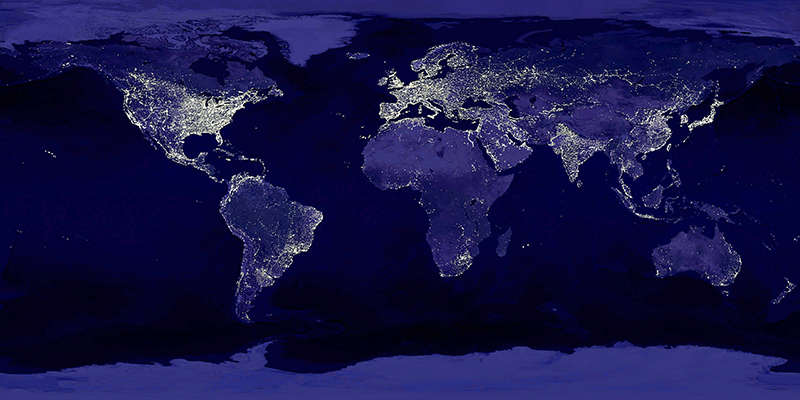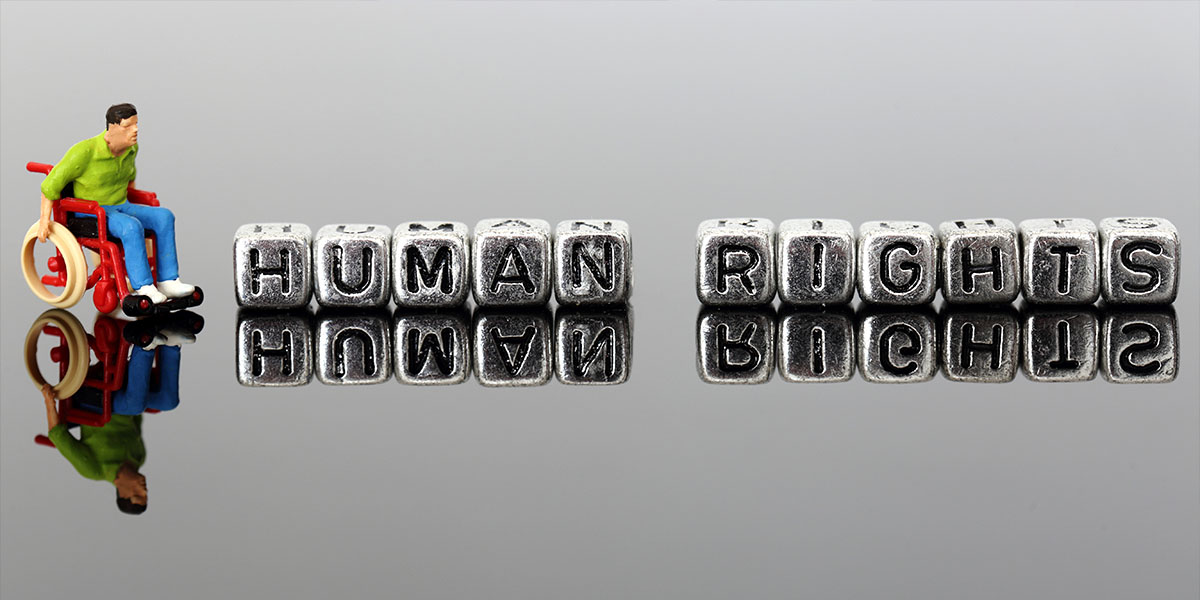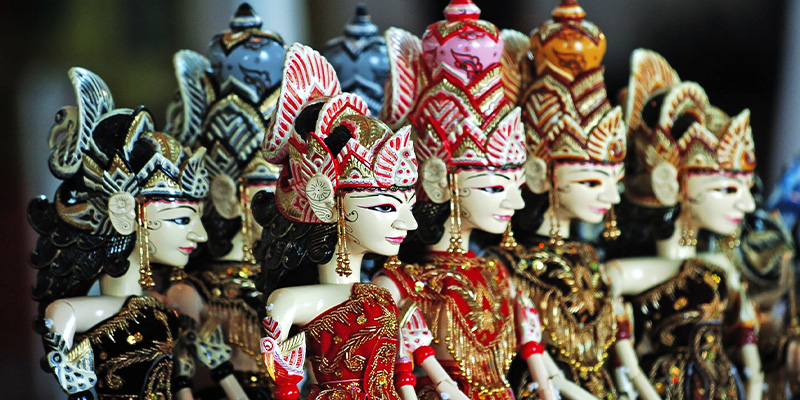Programs
CPICL runs the following programs:
Federalism and Multilevel Governance Program
 This program has been established to undertake research on the theory and practice of federalism and multilevel governance and to contribute to the development of effective constitutional responses to problems of governance in societies and regions divided along ethnic, cultural, linguistic, religious, economic or political lines.
This program has been established to undertake research on the theory and practice of federalism and multilevel governance and to contribute to the development of effective constitutional responses to problems of governance in societies and regions divided along ethnic, cultural, linguistic, religious, economic or political lines.
Legal Pluralism Program
 The Legal Pluralism Program comprises of a plan of collaborative projects in the fields of comparative law and legal pluralism.
The Legal Pluralism Program comprises of a plan of collaborative projects in the fields of comparative law and legal pluralism.
Cultural Heritage Law Program
 The cultural heritage law program explores the interface between law and cultural heritage. It covers as wide a scope as the term cultural heritage implies, from the tangible to the intangible, addressing the philosophical and contextual framework that shapes and gives content to the notion of cultural heritage.
The cultural heritage law program explores the interface between law and cultural heritage. It covers as wide a scope as the term cultural heritage implies, from the tangible to the intangible, addressing the philosophical and contextual framework that shapes and gives content to the notion of cultural heritage.
Korean Law Program
 UQ Law, with the support of the Korean Ministry of Justice, welcomes prosecutors and judges from the Republic of Korea (ROK) with the objective of conducting research on topics of importance to South Korea and to Australia.
UQ Law, with the support of the Korean Ministry of Justice, welcomes prosecutors and judges from the Republic of Korea (ROK) with the objective of conducting research on topics of importance to South Korea and to Australia.
Disability Human Rights Program
 The UN Convention on the Rights of Persons with Disabilities has transformed how disability has been approached by international human rights law and CPICL fellows focus on advancing this agenda with research and operationally focused outcomes.
The UN Convention on the Rights of Persons with Disabilities has transformed how disability has been approached by international human rights law and CPICL fellows focus on advancing this agenda with research and operationally focused outcomes.
Indonesian Law Program
 This Indonesian Law Program is designed to highlight seminal issues in Indonesia’s legal system – its laws, important legal institutions, legal culture, Sharia and civil law.
This Indonesian Law Program is designed to highlight seminal issues in Indonesia’s legal system – its laws, important legal institutions, legal culture, Sharia and civil law.
International and Comparative Competition Law and Policy Program
 Our scholarly projects and activities are aimed at globally important competition-law issues and internationally hot topics on competition law and policy. The Program affiliates the local International League of Competition Law Australian members group.
Our scholarly projects and activities are aimed at globally important competition-law issues and internationally hot topics on competition law and policy. The Program affiliates the local International League of Competition Law Australian members group.
Law and Religion in the Asia-Pacific
 This program was established in 2018 to investigate the complex and contested relationship between the state and religion. As Australia’s multicultural mosaic becomes increasingly plural and varied, it is vital that these issues are subjected to sustained academic attention
This program was established in 2018 to investigate the complex and contested relationship between the state and religion. As Australia’s multicultural mosaic becomes increasingly plural and varied, it is vital that these issues are subjected to sustained academic attention
National and Global Security Program
 This program draws on UQ’s broad and deep expertise in these fields to strive towards the protection of national and global security through effective, targeted, evidence-informed measures, and to help ensure those measures don’t unduly interfere with core principles or fundamental human rights. This program brings together experts in international law, constitutional law, criminal procedure and evidence law, comparative law and more, in order to provide sophisticated and up-to-date analyses of contemporary issues.
This program draws on UQ’s broad and deep expertise in these fields to strive towards the protection of national and global security through effective, targeted, evidence-informed measures, and to help ensure those measures don’t unduly interfere with core principles or fundamental human rights. This program brings together experts in international law, constitutional law, criminal procedure and evidence law, comparative law and more, in order to provide sophisticated and up-to-date analyses of contemporary issues.
